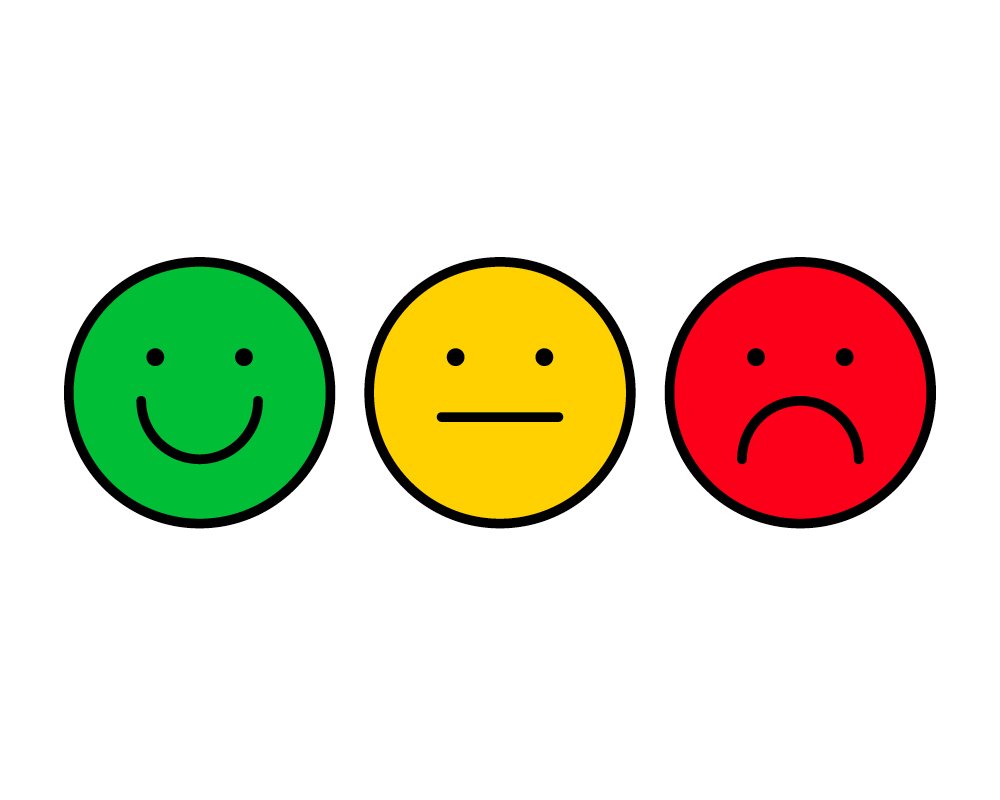[dropcap letter=”A”]
ny business management text might include this subordinate phrase amongst its warnings, the common-place regulation waffle; it would say something like: “The work of many years can go over the cliff with just one bad move, switching from excellence to failure in the blink of an eye.” We know what it’s about because we have seen it from the window: it is the blaze that always flares up in a neighbouring building, but never in ours. Until one day the alarm goes off, the room fills with smoke and suddenly, unwittingly, the building, the concern we have made such an effort to get going, collapses, raging, with us inside. Perhaps not with quite the drama of this metaphor, but it is however the scenario faced by corporations consumed by a digital reputation crisis.
Every business has to carve out a good name for itself in the digital environment if it aspires to avoid unnecessary shocks like the one described above, and in the construction of their prestige, professionals dedicated almost exclusively to this are a great help. But how do you build a good online reputation? Before learning the shortcuts, let’s look at what the obstacles are: “We meet with difficulties when a company or brand that cares about sculpting its identity, and thus its reputation, has acted without a strategic basis, and has thus run into reputational crises that they have not been able to manage and/or solve,” sums up Miriam Barrera, CEO at MB Marketing in Barcelona.
The problems associated with adverse comments on social networks can be tackled in several ways, we must contain our actions as a brand whenever possible, since we should not condition the opinion of users
That is the aspect of a crisis when X-raying the weaknesses of a business, but it is also worth considering what external aggressions a company might face concerning its reputation. Online marketing expert Ferran Morillas of Digital Avenue—also Barcelona-based—goes into detail: “For small businesses the main problem is often fake opinions on social networks and review platforms, while larger corporations face larger problems, like harmful information published in reference media,” explains the consultant.
Leaving aside the unjustified media grievance, rare in cases of reputational crisis management, both experts agree that the problems associated with adverse comments on social networks can be tackled in several ways, always adapting to each particular case. “There is no single valid action. While it is true that we must encourage dialogue, the truth of the matter is that we must contain our actions as a brand whenever possible, since we should not condition the opinion of users. Trolls have become very relevant of late, and they can turn a minor issue into a major crisis for the brand. In these cases, prudence—always our best weapon—and silence can be really effective,” says Miriam Barrera.
Criticism on the Internet can be neutralised with plentiful dialogue, at least that is what Ferran Morillas also recommends. “When they make a negative comment on social networks, you can always tell them to try you before giving their opinion, because they are probably from the competition. In the case of restaurants, a bad review is usually answered with “your name doesn’t ring a bell and we don’t remember what you’re describing, contact us privately and let’s see what might have happened,” suggests the consultant.
Considering the possible crises in both social networks and in reviews—critiques on review platforms are key in building up a good reputation—it’s time to learn about the strategies to build a good online reputation in order to pre-empt the trolls: “The key is to have a good brand definition as a starting point, one that reaches all your departments. From there it is essential to know what your brand’s strengths and weaknesses are, particularly the weak points, and prepare to react to the opinions received. Improvisation in this area makes for bad counsel,” says Barrera.
The negative trail left on the Internet is almost impossible to erase, not so much from the legal side but simply because it’s a technical issue; however, there is a relatively effective strategy that helps to camouflage past slip-ups, and that means counter-programming
“First, you have to answer the comments and the reviews; you should always thank them for the time they spent leaving the comment. Secondly, you need to apologise for any problem, if there is one, and try to solve it immediately. Then, I would recommend asking all trusted clients for positive reviews, for example via emails. Finally, in the case of online stores, we can resort to quality certificates, and we can further forestall any eventual crises by using positive news to generate a good image in the media,” says Morillas.
An online reputation includes one last condition that draws the attention of both experts: the past. The company’s digital footprint. Both sources consulted coincide in pointing out that the negative trail left on the Internet is almost impossible to delete, not so much from the legal point of view, but simply because it’s a technical issue; however, there is a relatively effective strategy that helps to camouflage past slip-ups, and that means counter-programming. Washing the company’s face with positive reviews that counteract the effect of the negative ones, wiping the slate clean in a zero-sum game with which to build a much more resilient building. Or better still: a fireproof one.





















